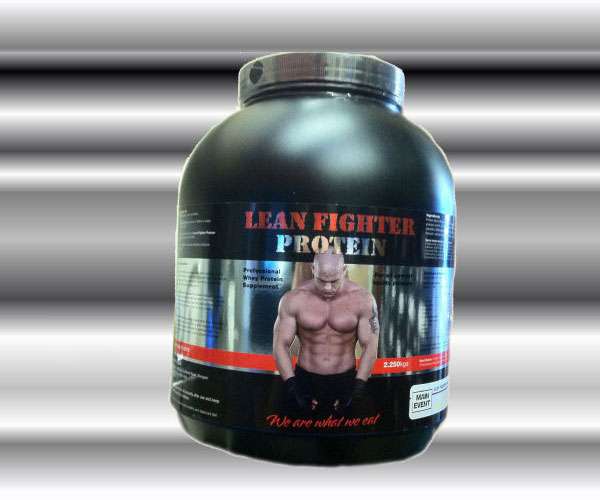First of all, let me start by prefacing this article with a disclaimer that I do not have a scientific background. I did not study P.E. and GCSE nor A-Level, so you will be spared jargon like molecular details of the structure of a protein molecule!
The purpose of this article is to hopefully change your mind-set and how you think about protein and off-the-shelf powders to better use them effectively in your workout regime. I want to address the stigma that’s often associated with them that they are the holy grail for all fitness goals, and sadly that is not the case.
But first off, we must learn what proteins are and what function they perform in the body.
What are proteins?
Proteins are molecules that are consumed by the body via our food. There are many different types of protein molecules. The total number found in the human body is estimated to be around 50,0001
Without wanting to get too technical, when we eat foods which contain proteins, our digestive system breaks it down into amino acids which enter into the bloodstream. Each part of the body, for example a muscle, will then gather the required amino acids from the bloodstream to create proteins.
Protein can be found predominately in meat, but can also be found non-meat sources such as fish, insects, dairy products, seeds and nuts, soy, Quorn (a fungus extract, popular in the UK/Ireland), eggs, grains, vegetables and legumes.
The consumption of protein is very important in a healthy, balanced diet. In an average size human, protein accounts for 20% of total body weight. One gram of protein or carbohydrate contains 4 calories, while one gram of fat has 9 calories2
What do proteins do?
In 2002, the journal Molecular Biology published a report3 listing the following functions of protein:
- Responsible for creation of antibodies for our immune system.
- The building blocks for your body. They strengthen and repair/replace parts, such as tissue, hair, nails and connective tissue.
- Produce hormones, that can help cells communicate and coordinate activities within the body.
- Muscle contractions. For example, the proteins actin and myosin are used for muscle contraction and movement. Very relevant for fitness.
- Enzyme creation. An enzyme facilitates a biochemical reaction.
- Transportation around the body. For example, the protein haemoglobin transports oxygen around the blood.
- Mediate cell response. For example, the protein rhodopsin used for vision in the eyes.
- Used for storage. For example, the protein ferritin stores iron in the liver.
 Don't fall for the hype! One shake won't make you look like the guy on the tub.
Don't fall for the hype! One shake won't make you look like the guy on the tub.What are proteins?
Now we move on to the core subject of this article, protein powders. It’s easy to get fooled by the photographs of large body builders on the side of powder tubs. It’s easy for beginners to think that their bodies will soon resemble that of comic book super heroes after a few shakes.
As mentioned in the intro, this is unfortunately not the case. The physiques you aspire to have only been achieved through years of hard work in the gym and dedication to diet.
It has to be said that it is entirely possible to get all the body’s requirement of protein naturally in the food that we eat without ever touching shakes. Powders have only been invented as a convenient way to consume protein, perhaps in-between meals or as a replacement.
You should calculate how much protein you require for your current goal and consume that amount each day.
It should be made apparent that no goal worth achieving is easy and there is no magic pill. Hard work and dedication is the best way to achieve goals, however there are some helpful tools you can use along the way. Protein powers can be one of them. They should be seen as fuel for your body, not a magic pill.
Always remember, your body is composed of exactly what you put in it.